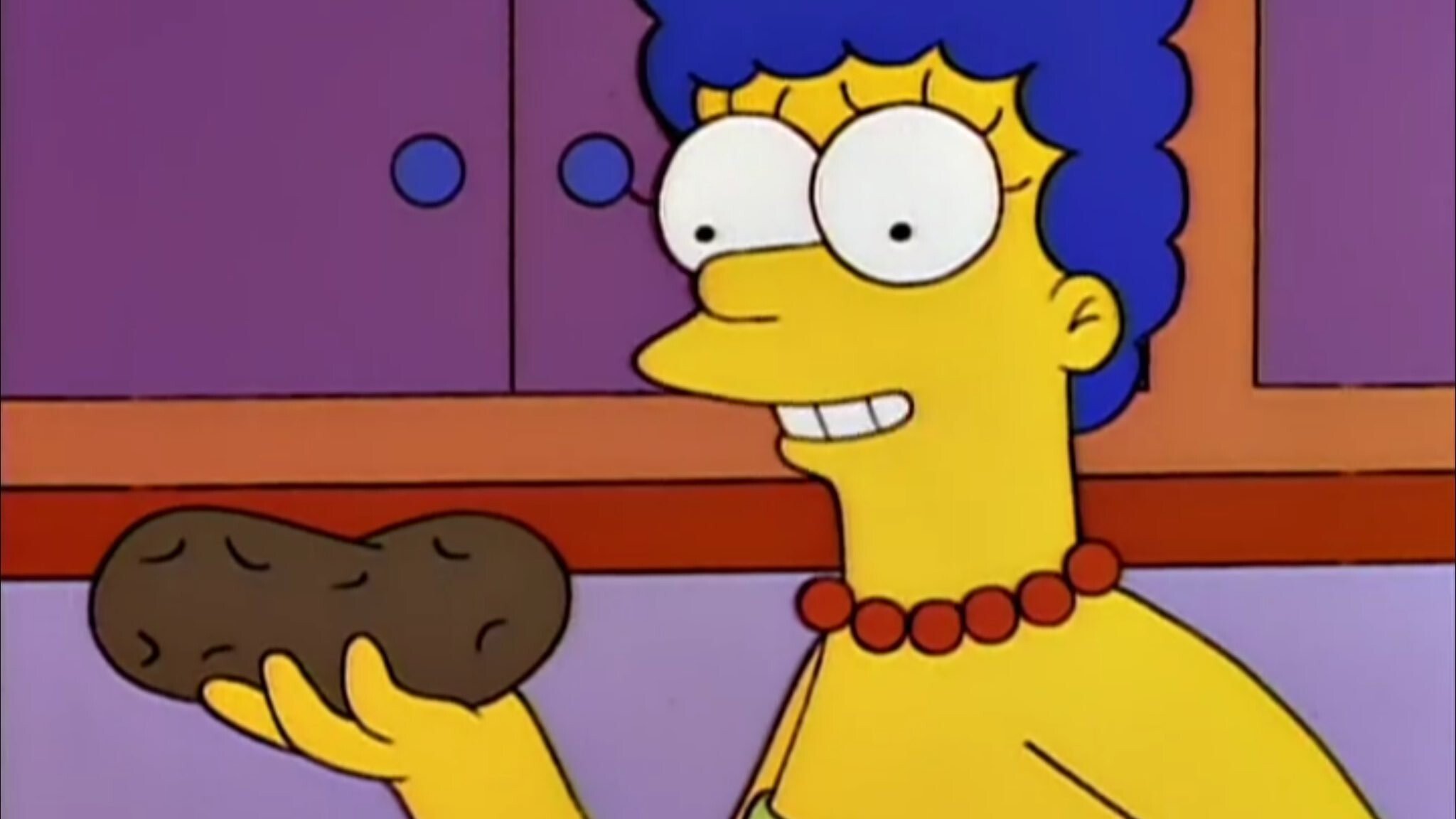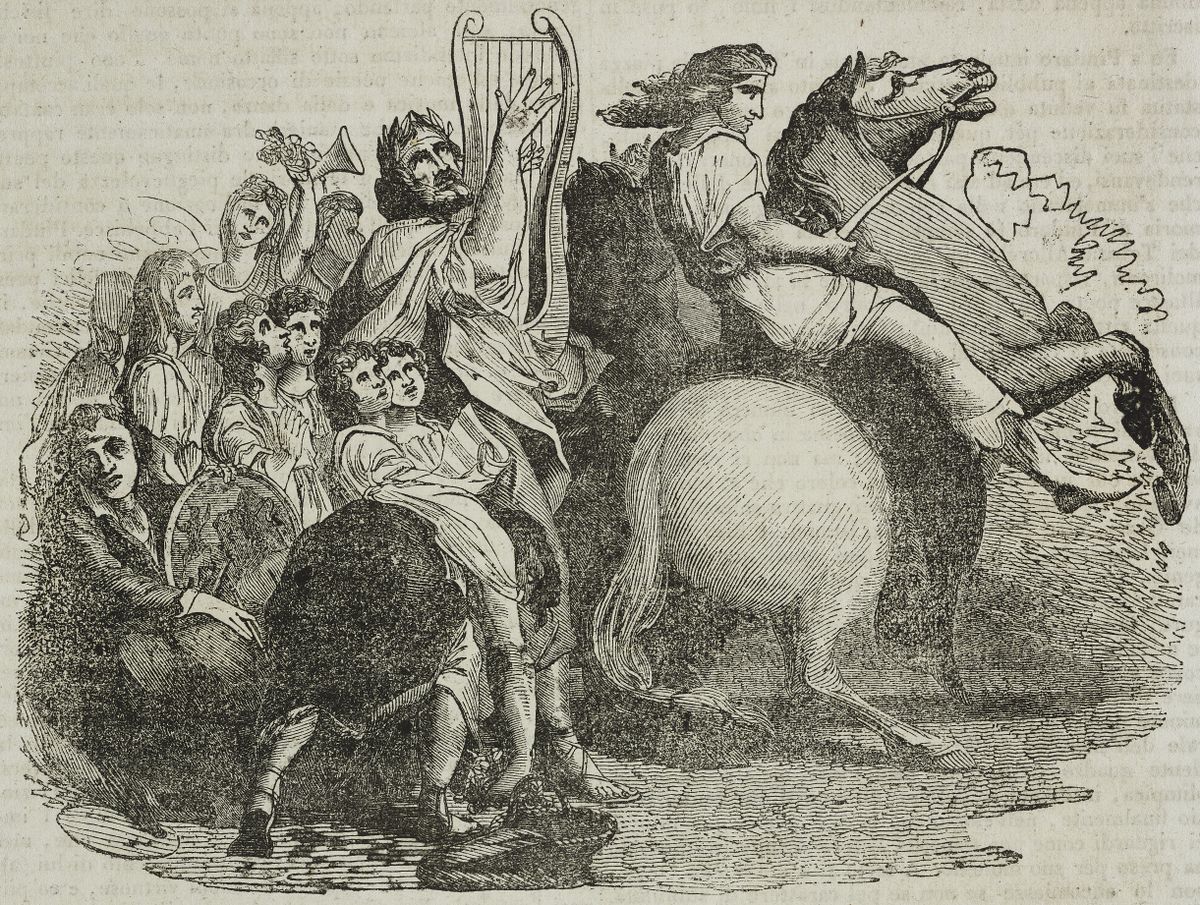At the ancient Olympics in Greece, athletes weren’t the only stars of the show. The spectacle also attracted poets, who recited their works for eager audiences. Competitors commissioned bigger names to write odes of their victories, which choruses performed at elaborate celebrations. Physical strength and literary prowess were inextricably linked.
Thousands of years later, this image appealed to Pierre de Coubertin, a French baron best known as the founder of the modern Olympics in 1896. But today’s Games bear little resemblance to Coubertin’s grand vision: He pictured a competition that would “reunite in the bonds of legitimate wedlock a long-divorced couple—muscle and mind.”
The baron believed that humanity had “lost all sense of eurythmy,” a word he used to describe the harmony of arts and athletics. The idea can be traced back to sources such as Plato’s Republic, in which Socrates extolls the virtues of education that combines “gymnastic for the body and music for the soul.” Poets should become athletes, and athletes should try their hand at verse.
It was easier when everyone competing and judging spoke Greek.
The Vogon Poetry Team came along and ruined it for everybody.





